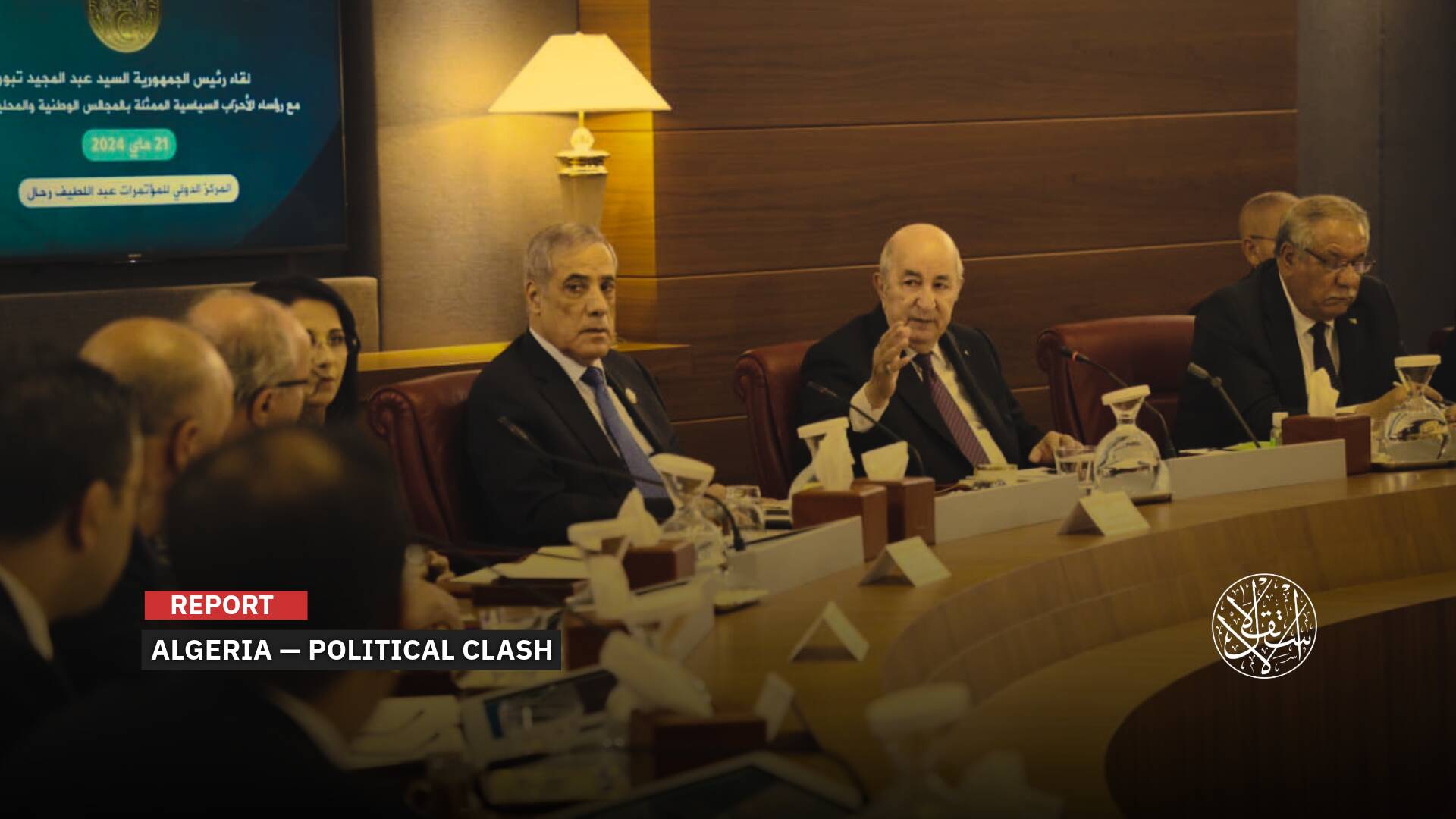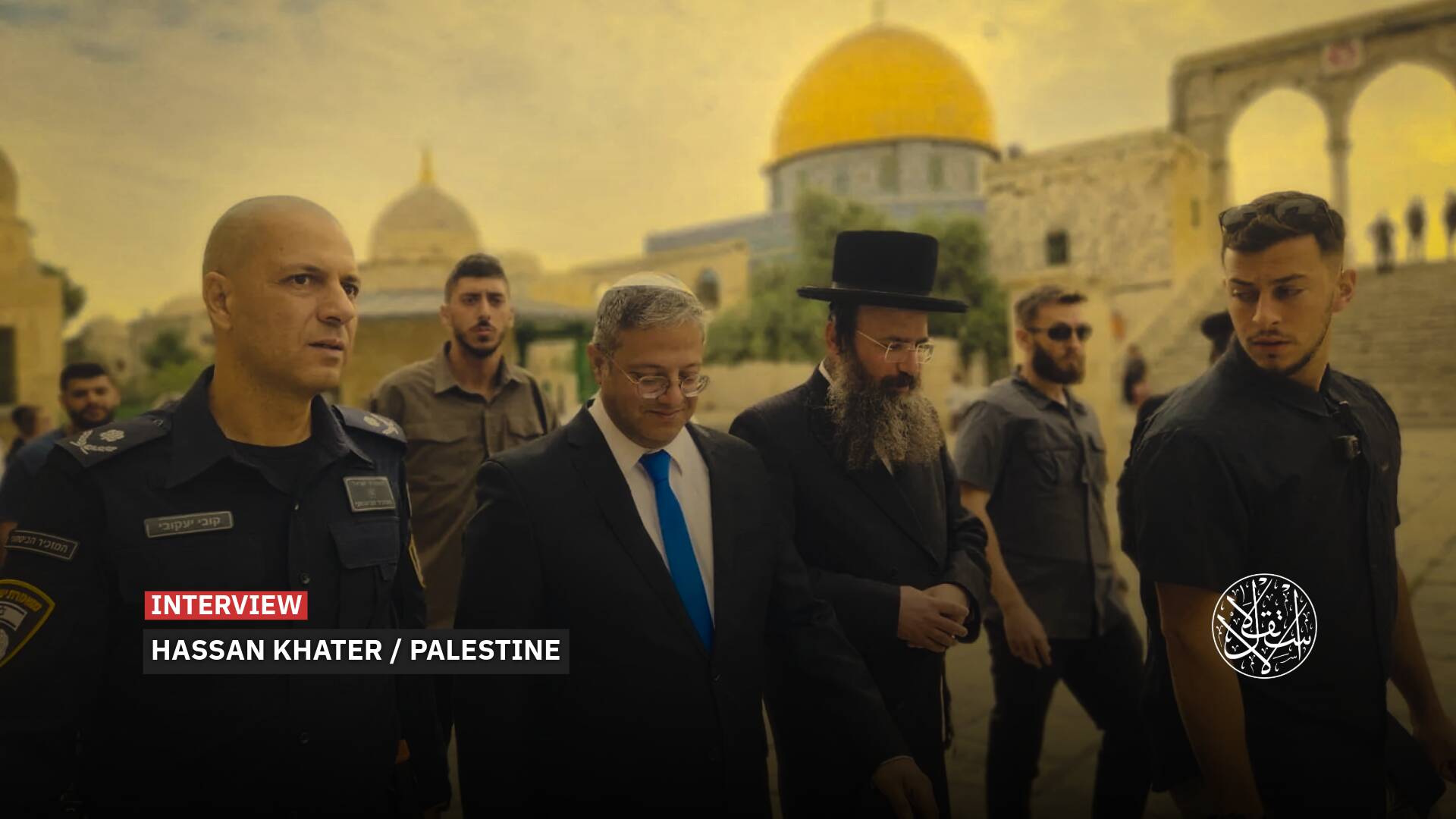How Did the Qatar World Cup and Morocco’s Achievements Improve the Arabs’ Vision of Themselves?

From the ocean to the Gulf, Muslims and Arabs prayed for the Moroccan national team after qualifying for the semi-finals of the Qatar 2022 World Cup for the first time in the history of an Arab and African team.
Arab support for the “Atlas Lions” was clear and evident in all Arab countries, manifested through various social media platforms.
The expression of joy in the Arab cohesion behind the Moroccan team was not limited to one group among others but included them in general and from different fields, levels, and regions, especially since the Atlas Lions sent positive signals during their participation, whether with regard to the meanings of “parental satisfaction,” “support for Palestine” or “Submitting to God.”
Becoming a Reality
A number of Arab intellectuals, politicians, and academics spoke about the renewal of Arab unity and the affirmation of the meaning of the nation among the people of the Arab and Islamic world.
For his part, researcher and novelist Driss Elganbouri wrote: “It turned out that geographical borders are only political borders, not civilizational, and that the multiplicity of regimes does not obscure the unity of the nation, in all parts of the Islamic world, people felt that the victory of the Moroccan team is a victory with an Islamic title.”
Moroccan political researcher Yahya Alem said the widespread Arab support for the Moroccan national team is “evidence of the strength of the moral bond between the peoples of the region or the common feeling.”
Alem stated that “the collective spirit in which the Arab public emerged shows that the division is a division at the level of power patterns and political choices only, while societies have not disintegrated the unitary feeling and the unifying moral bond and have not been separated.”
He stressed that “the features of this feeling and the bond were evident through several elements, including encouraging Arab teams and collectively expressing joy and sadness together, which reflects a dimension of solidarity and a sense of common ties, then rallying around the iconic flag, the flag of Palestine, and rallying around the Qatari position on the issues raised in the international media at the beginning of World Cup.”
For his part, Egyptian Chancellor Waleed Sharaby stressed that “what the Moroccan national team has done has a greater impact on the unity of the nation than all the meetings, statements, and speeches of the Arab League since its inception until today.”
“The tournament was a demand and a wish for all of us, but what the Moroccan team achieved was more than what was required,” he added in a post on his Facebook account on December 14, 2022.
Arab Awareness
In his explanation of the cohesion left by the victories of the Moroccan team at the Arab level, Jordanian writer Imad al-Hataba said that “the Arab alignment behind the Moroccan team confirms the well-established fact that the historical awareness of the news of this nation from its surroundings to its Gulf is still an optional Arab awareness.”
Al-Hataba stressed in an article published on the Lebanese website Al Mayadeen on December 14, 2022, that “this celebration comes despite all that colonialism and the regimes associated with it have done to the nation.”
“The masses have declared themselves to be Arab masses who possess an awareness of their Arabism that determines their view of the world and their behavior towards what surrounds them,” he said.
The Jordanian writer added: “Some skeptics try to underestimate what happened and look at it as a temporary emotional state that will end with the end of the events of the World Cup, but what happened says to everyone who carries the flame of Arabism in his heart that the nation is still fine and that it is on the right track.”

A number of researchers have considered that the World Cup in Qatar, the nature of Moroccan participation in it, and the positive feelings it left among the people of the Arab nation go beyond football joy to hope for Arab unity.
Mohcine Benzakour, a professor of social psychology at Hassan II University in Morocco, stressed that “this Moroccan/Arab joy cannot be confined to the sports aspect only, that people take to the streets, give sweets and raise flags…Otherwise, it would be stupid to talk about just footballing joy; there are things to stand at.”
Benzakour added to the local website Menara on December 13, 2022, that “the matter has two dimensions, after Arab unity, as it turned out that it is still in the minds and emotions and is only waiting for someone to achieve it.
“The second dimension is that the Arab world is experiencing frustrations that were established at the economic and political level, but also at the level of football, as the Arab world was seen as having small teams and that they never even achieved promotion to the first round.”
Benzakour continued: “This psychological and media exclusion has always been present, and therefore this victory came to rehabilitate that we are not less capable or competent than others and to overcome the inferiority complex.”
Benzakour praised the mothers, believing that the credit for these players’ attachment to their identity “is mainly due to mothers and fathers so that we do not underestimate their rights. This one who rejoiced in his mother’s embrace among the Arab masses did not grow up in a Moroccan environment but in Europe, but it is the mother who maintains this cohesion.”
Confirming the unity message, former Minister of Higher Education and Scientific Research in Morocco, Khaled Samadi, said that “one of the messages of the team’s participation in the World Cup in Qatar is to send meanings rooted in the Arab and Islamic space.”
In a blog post on December 12, 2022, al-Samadi explained that this extension “was embodied by an indicator of restoring the cohesion of Arab and Islamic nations, and reviving their common spiritual and civilizational values that should be invested, at the core of which is supporting the vulnerable and defending their rights.
“This investment is made by raising the Palestinian flag alongside the national flag in all celebrations to give proof that Palestine is a spirit that permeates the hearts of all Moroccans and finds its traces in each of their homes without exception,” he said.
Soul Restoration
The spirit that the Moroccan team instilled in the Arab nation and indeed in Africa as a whole was strong and visible, culturally, politically, and footballing.
“Morocco’s success in the World Cup in Qatar has restored the sense of Arab regional and regional identity, although it seemed to have faded in the past, but it stood out strongly in this World Cup,” said Mohamed Mesbah, president of the Moroccan Institute for Policy Analysis.
In an interview with the London-based newspaper Al-Arab on December 14, 2022, Misbah added: “We know that the issues that brought people together in the Arab world and in this region were often sad and sensitive political issues, such as the Palestinian issue and the Arab Spring. But this is the first time football brings us together, and this is a joyful issue, not like a political crisis.”
“The World Championship confirmed once again that Morocco’s belonging to this region is historical and civilized and that we cannot take away part of its identity, of course we cannot forget African countries and countries in other regions of the world that sympathized with Morocco, because rarely does a country that does not have this accumulation in football achieve such achievements,” he said.
In this regard, Algerian novelist Ahlam Mosteghanemi expressed her thanks to the Atlas Lions for the joy and vigor they gave to the nation “of joy and vigor that united all Arabs.”
In a Facebook post on December 14, Mosteghanemi said: “Thank you to the Atlas Lions because they were an image of our Arab and Islamic nation in winning as well as losing, and in both cases, they left the stadium prostrating. We are a nation, if God gives us we prostrate, and if he prevents us, we praise. The world will remember the sophistication of our religion.”
Sports commentator Khalil al-Balushi said on December 14, “Thank you, heroes. Thank you guys. You were up to your expectations and you did what makes us always proud of you.”
Sources
- This is how the PJD leaders reacted to the successes of the national team [Arabic]
- What did the Moroccan team do to us? [Arabic]
- Arab reunion Moroccan football succeeds where politics failed [Arabic]
- Morocco's victory. The clash of cultural values and symbols and the unity of common Arab feeling [Arabic]
- Morocco in the World Cup. It gathers Arabs and sends messages to the West about family relationships [Arabic]











